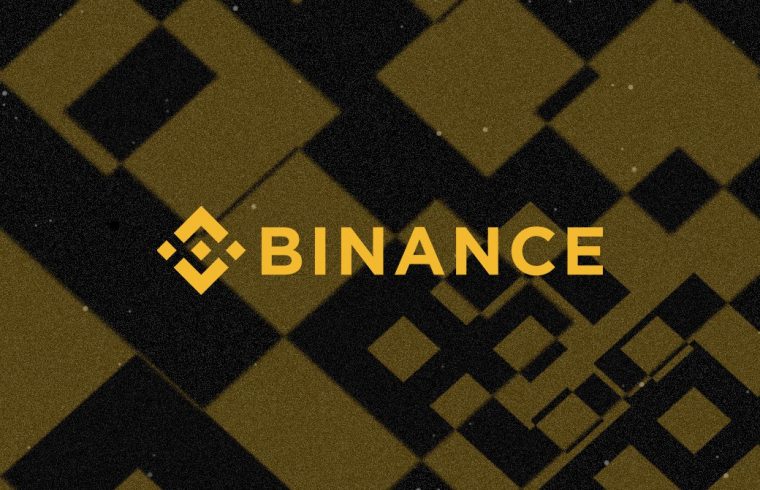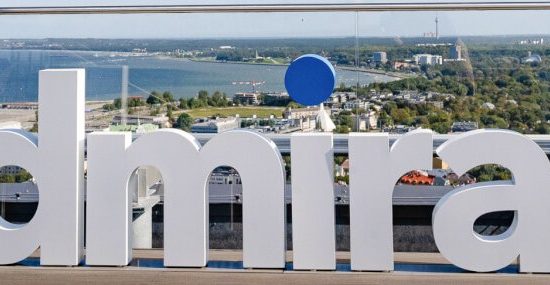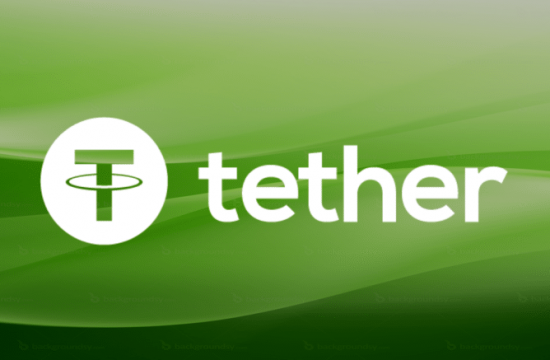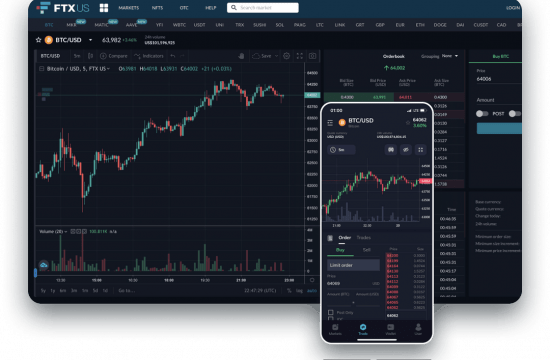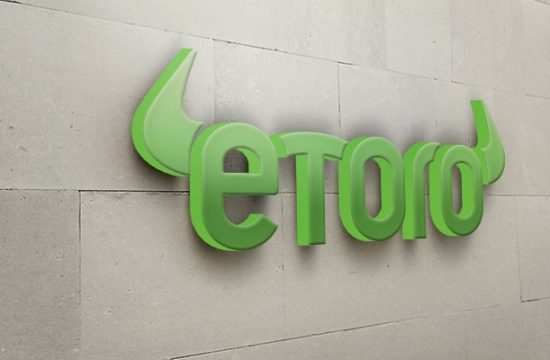The Central Bank of Bahrain (CBB) has made an in-principal decision to grant Binance its authorization to establish a crypto-asset business, paving the way for it to begin operations within the country.
The world’s largest cryptocurrency exchange received the licence after reportedly meeting all of the operational, technical, and security requirements outlined by the CBB. An “in-principle” decision, however, is the first stage of the full authorization process whereby the applicant needs to satisfy the CBB on one or more requirements in order to obtain a license.
Binance said that it would continue to work with the regulators as it strives to be granted a full crypto-asset provider license, and as it looks to operate on as a regulated provider in all territories, it currently has a presence in.
Changpeng Zhao (CZ), founder and CEO of Binance, said: “The CBB has been a progressive pioneer in developing a robust crypto-asset framework focusing on compliance with global standards of anti-money laundering, counter-terrorism financing, transaction monitoring, consumer protection amongst others. It sets a benchmark bridging traditional financial systems and the crypto industry to facilitate safe adoption and deployment.”
Crypto exchanges are getting traction
CZ added: “The Central Bank of Bahrain has demonstrated leadership and forethought in addressing crypto as a future asset class. I am grateful for the support from the Central Bank of Bahrain and the broader Bahrani ecosystem during the process. The approval recognizes Binance’s commitment to comply fully with regulatory requirements and our broader commitment to anchor operations and activities in Bahrain.”
The new approval comes as Binance is trying to upgrade its regulatory profile worldwide, part of an attempt to undo regulatory red flags and reinvent itself as a regulated financial firm. For this purpose, it has been on a recent hiring spree, having expanded its regulatory compliance staff and advisory board by 500%.
The exchange was expanding to the Middle East and North Africa (MENA) to fill a gap in the region’s digital assets market by facilitating access to its services and infrastructure.
Within this context, Binance had appointed a former DFSA executive as its chief regulatory liaison, another sign that digital asset and exchanges are slowly getting traction in the Gulf region.
Binance said the MENA venture focuses on creating partnerships with local, compliant players in the region’s digital asset and Blockchain sectors. Binance’s long-standing rival Huobi has its eye on the same region. It has planted its flag in the Middle East since December 2019 and now offers its exchange’s trading platform and liquidity as a white-label service.


